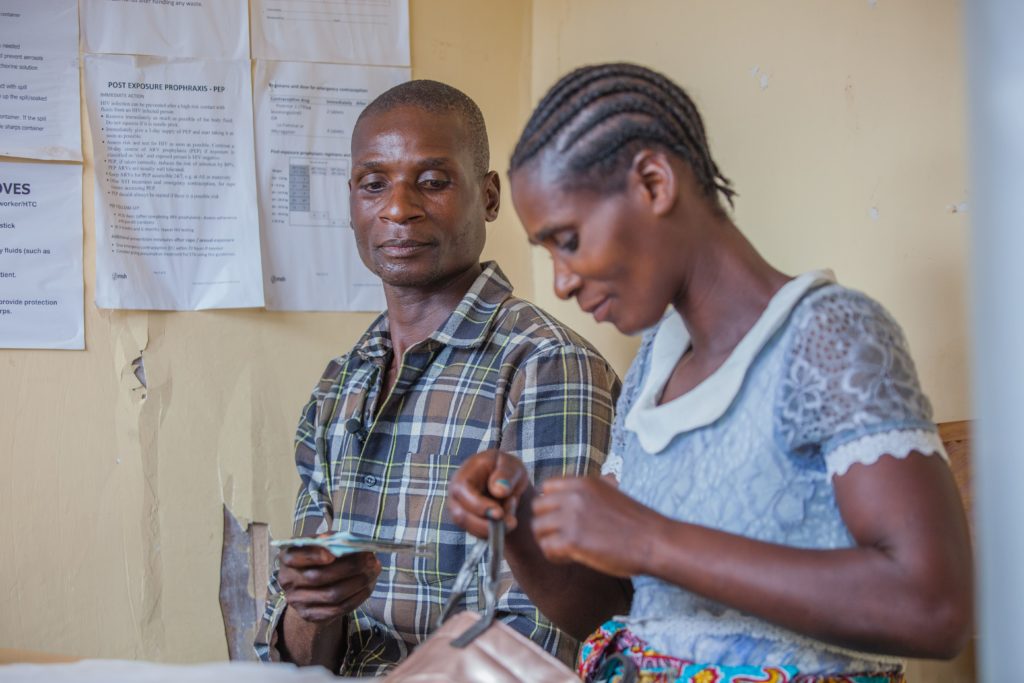District Health System Strengthening and Quality Improvement for Service Delivery in Malawi
District Health System Strengthening and Quality Improvement for Service Delivery in Malawi

Overview
The District Health System Strengthening and Quality Improvement for Service Delivery (DHSS) project (2012-2018) supported the Government of Malawi in implementing the National Strategic Plan for HIV and AIDS in line with the Country Operational Plan. The DHSS leveraged PEPFAR resources and supported the implementation of the Health Sector Strategic Plan through its work in the Nkhata Bay, Likoma, Blantyre, Chiradzulu, Thyolo, Mwanza, and Neno districts.
Funded by the US Centers for Disease Control and Prevention (CDC), the project contributed to a healthy and prosperous nation free from HIV and AIDS. The main objective of the DHSS was to improve quality, access, and coverage of priority HIV-related health services in priority sites in the seven districts by identifying 90% of people living with HIV (PLHIV); initiating and retaining on antiretroviral therapy (ART) 90% of PLHIV identified; and achieving 90% viral suppression for ART patients.
The National Evaluation of the Prevention of Mother-to-Child Transmission (PMTCT) Program was also a part of the DHSS and evaluated the effectiveness and impact of Malawi’s PMTCT program by measuring transmission rates in HIV-exposed infants at 54 study sites. The study examined mother-to-child transmission rates and HIV-free survival rates among approximately 3,400 HIV-exposed infants whose mothers are on ART. The study followed up with participants over a period of 24 months or until weaning. The study also compared the use of PMTCT services, including uptake of antenatal testing and ART, and mother-to-child transmission rates between adolescent and young mothers and their babies and examined factors related to disclosure between partners.
Aiming for the Three 90s: Strengthening Malawi’s Response to HIV and AIDS
Reaching Families through Index Case Testing in Malawi
Donors & Partners
Donors
Centers for Disease Control and Prevention
The United States President’s Emergency Plan for AIDS Relief
Children’s Investment Fund Foundation
Partners
Malawi Ministry of Health
Dignitas International
Malawi AIDS Counseling and Resource Organization
The Hunger Project
Word Alive Churches
Malawi Girl Guides Association
Riders for Health
Joint Clinical Research Center
University of North Carolina Project-Malawi
Blantyre Malaria Project
Malawi Prison Health Services
Ekwendeni College of Nursing
Malawi College of Health Sciences
Mulanje Mission College of Nursing and Midwifery
St. Joseph College of Nursing
Malamulu College of Health Sciences